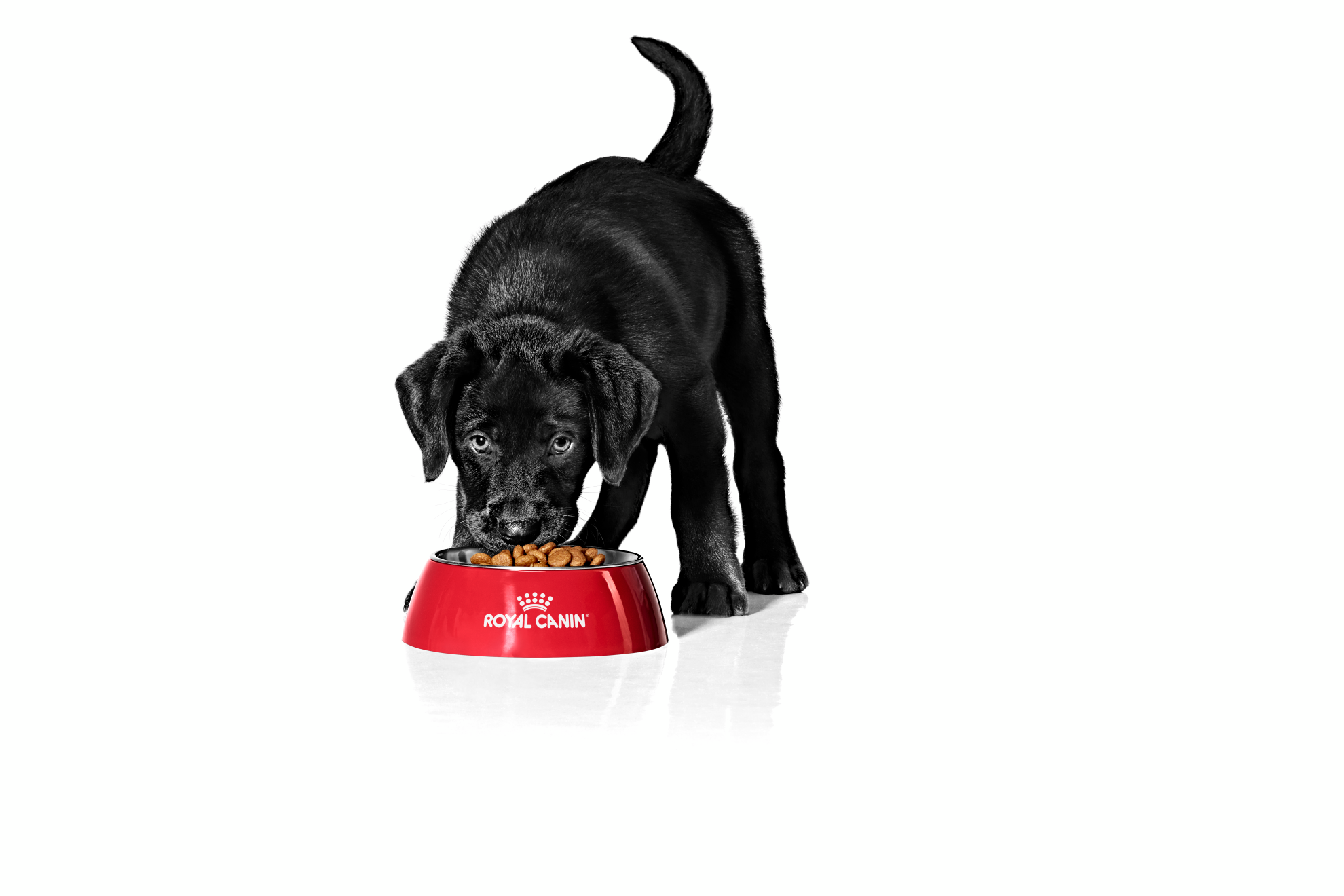Кључни хранљиви састојци за штенце


Развојне потребе штенаца
Кључни захтеви у погледу дијете штенета
Обезбеђен висок ниво енергије као помоћ расту
Прилагођено величини уста и структури зуба
Ојачајте незрели имуни систем
Помаже когнитивни, скелетни и ћелијски развој
Лако сварљиво
Угљени хидрати
Дијететска влакна
Масноћа
Протеини
У протеинима је присутно 20 аминокиселина и оне су класификоване у две различите врсте: есенцијалне и неесенцијалне. Тело штенаца не може да произведе есенцијалне аминокиселине у довољним количинама за здраво функционисање и развој, те стога морају бити присутне у храни. Неесенцијалне аминокиселине могу се добити из вишка есенцијалних дијететских аминокиселина, али су и даље кључне за здраво функционисање и треба да буду део уравнотежене дијете.
Минерали
Витамини
Витамини су потребни за широк спектар биолошких и развојних функција, укључујући:
- Когнитивна и функција имунитета
- Функција и поправка ћелија
- Смањивање упале
- Метаболизам масти
- Згрушавања крви
- Функција мозга и јетре
Постоје две врсте витамина: растворљиви у води и растворљиви у масти. Штене је мање способно да у свом телу складишти витамине растворљиве у води, као што су витамин Б, посебно тиамин, и рибофлавин, па је стога неопходно да ти витамини буду део њихове свакодневне дијете.
Угљени хидрати
Дијететска влакна
Масноћа
Протеини
У протеинима је присутно 20 аминокиселина и оне су класификоване у две различите врсте: есенцијалне и неесенцијалне. Тело штенаца не може да произведе есенцијалне аминокиселине у довољним количинама за здраво функционисање и развој, те стога морају бити присутне у храни. Неесенцијалне аминокиселине могу се добити из вишка есенцијалних дијететских аминокиселина, али су и даље кључне за здраво функционисање и треба да буду део уравнотежене дијете.
Минерали
Витамини
Витамини су потребни за широк спектар биолошких и развојних функција, укључујући:
- Когнитивна и функција имунитета
- Функција и поправка ћелија
- Смањивање упале
- Метаболизам масти
- Згрушавања крви
- Функција мозга и јетре
Постоје две врсте витамина: растворљиви у води и растворљиви у масти. Штене је мање способно да у свом телу складишти витамине растворљиве у води, као што су витамин Б, посебно тиамин, и рибофлавин, па је стога неопходно да ти витамини буду део њихове свакодневне дијете.

Вода

Одржавање нутритивно уравнотежене дијете
Наш асортиман за штенад

Сазнајте више о храњењу
Исхрана вашег пса док је штене утицаће на здравље и навике храњења до краја живота. Да осигурате да ваше штене одржава здраву исхрану током ове фазе је од виталног значаја, па нутритивно комплетна и уравнотежена исхрана прилагођена његовој одређеној величини и раси може имати виталну улогу.